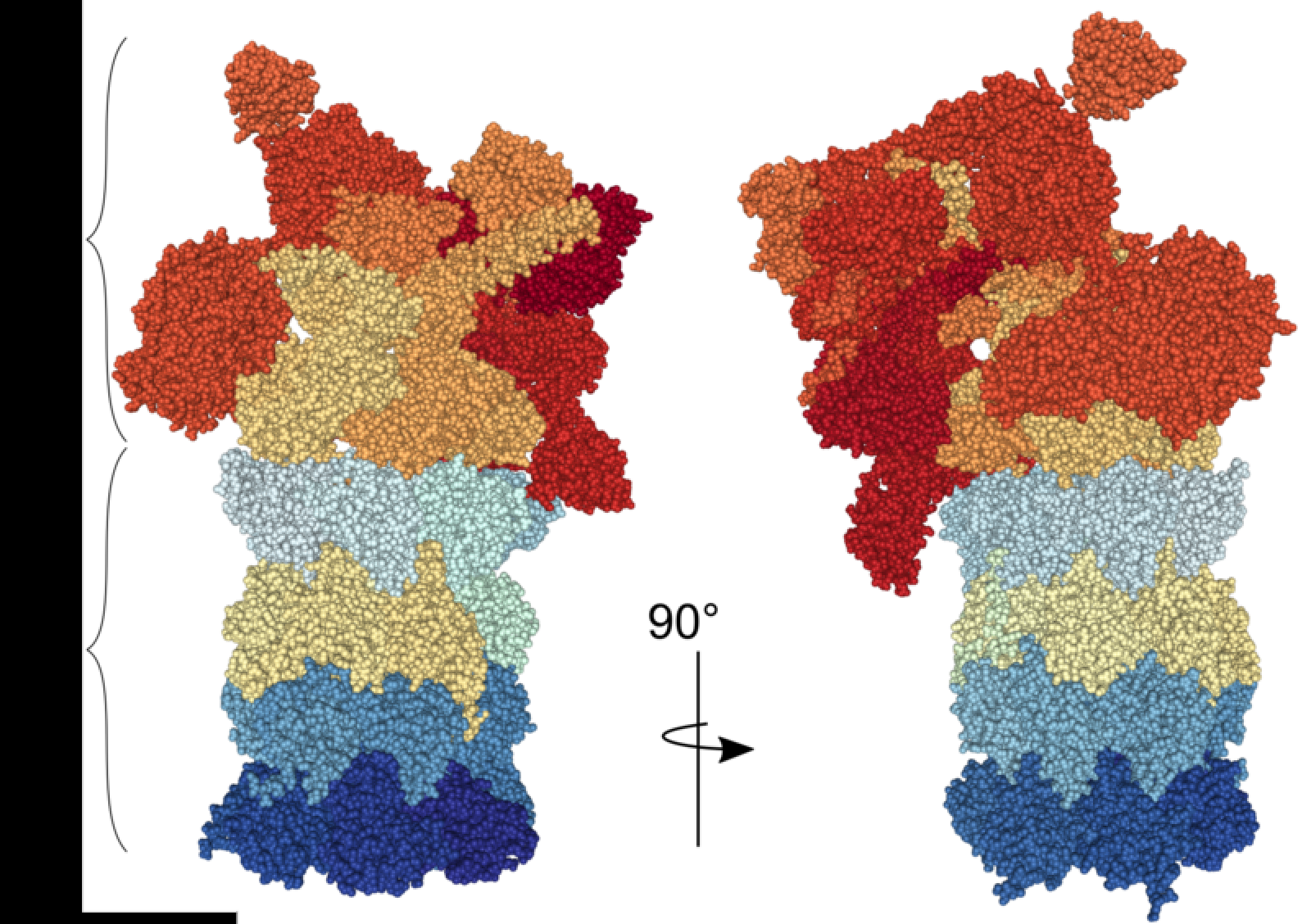Follow us on Google News (click on ☆)
The proteasome, known for its role in protein recycling, is also a powerful weapon against bacterial infections. When a cell is infected, it generates molecules capable of destroying bacteria. This discovery, published in Nature, could greatly improve the fight against antibiotic-resistant superbugs.
The proteasome: an unsuspected dual function
The proteasome is present in all cells of the body. Its primary function is to degrade worn-out proteins for recycling. However, researchers have discovered that it also plays a key role in immune defense.
In the presence of bacteria, the proteasome changes its mode of operation. It transforms degraded proteins into antibacterial molecules, capable of piercing bacterial membranes. This discovery has been described as a "new defense mechanism" by scientists.
Laboratory experiments have confirmed the effectiveness of these molecules. Tested on bacteria and infected mice, they showed results comparable to those of conventional antibiotics. This breakthrough offers a promising avenue for combating resistant infections.
Hope in the face of antibiotic resistance
Antibiotic resistance is a growing problem, causing millions of deaths each year. This discovery comes at a critical time, as the search for new treatments has stagnated for years.
The researchers used an original method, which they nicknamed "diving into the waste," to identify these molecules. According to Prof. Yifat Merbl, this approach reveals a "new class of natural antibiotics" produced by the human body.
However, further testing is needed before this discovery can be exploited. Scientists emphasize that the development process will take time, but it represents a glimmer of hope in the fight against superbugs.
To go further: What is the proteasome?
The proteasome is a structure present in all eukaryotic cells, essential for maintaining cellular balance. Its primary role is to degrade damaged or unnecessary proteins, a process essential for regulating cellular functions and preventing the accumulation of toxic waste.
Composed of several subunits, the proteasome functions as a molecular machine. It recognizes proteins marked by a molecule called ubiquitin, breaks them down into small peptides, and then recycles them to produce new proteins. This mechanism is vital for processes such as DNA repair and cell cycle regulation.
Recently, researchers have discovered that the proteasome also plays an unexpected role in immune defense. In the presence of bacteria, it modifies its activity to produce antibacterial molecules. This dual function makes it a promising target for new therapies, particularly against antibiotic-resistant infections.
This discovery highlights the importance of the proteasome not only in maintaining cellular health but also in fighting pathogens. Its study opens new perspectives for medicine and molecular biology.
